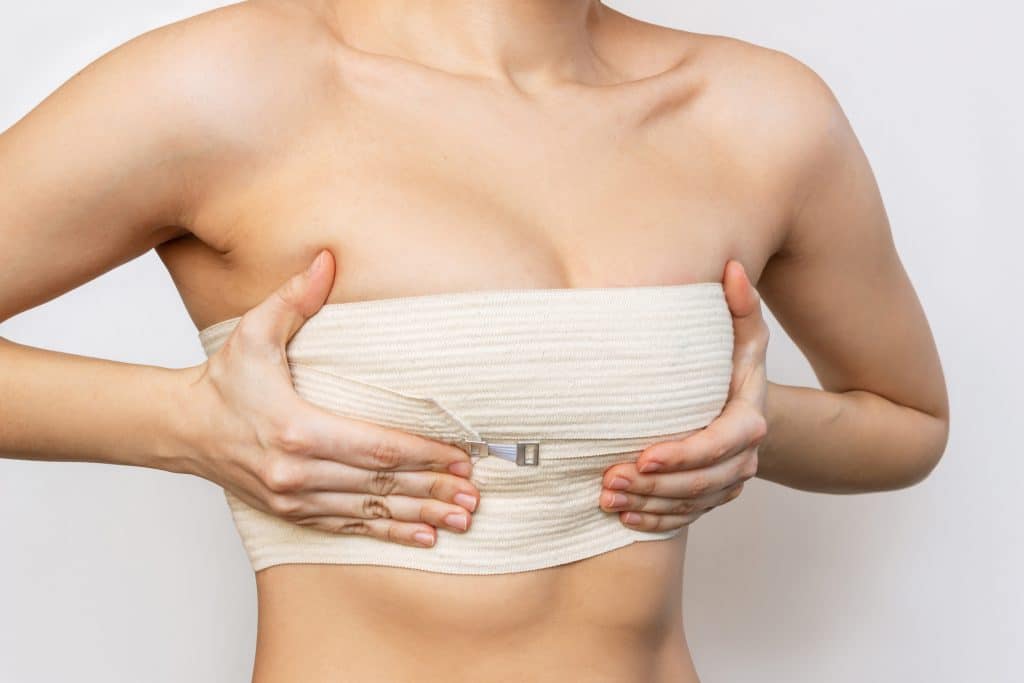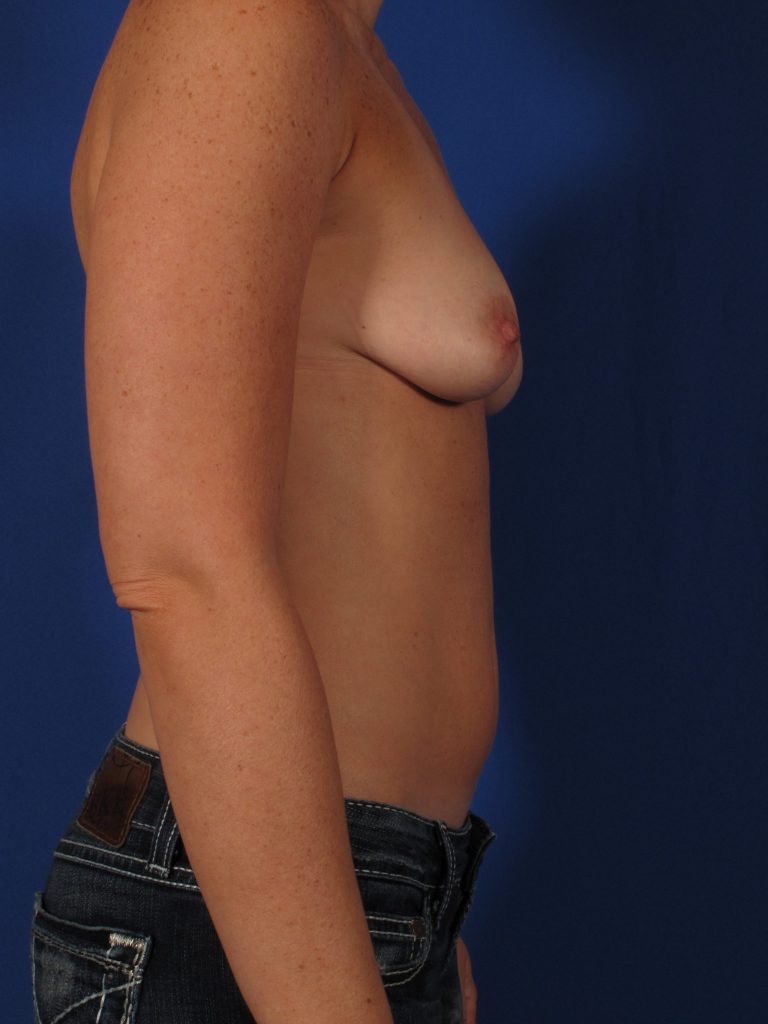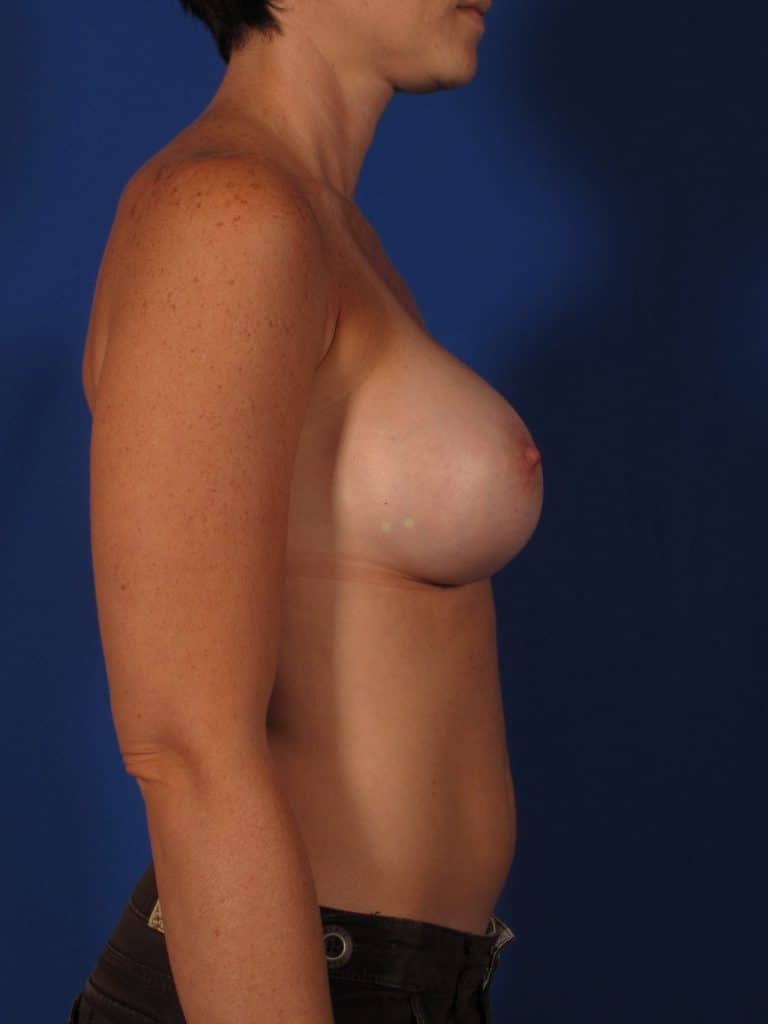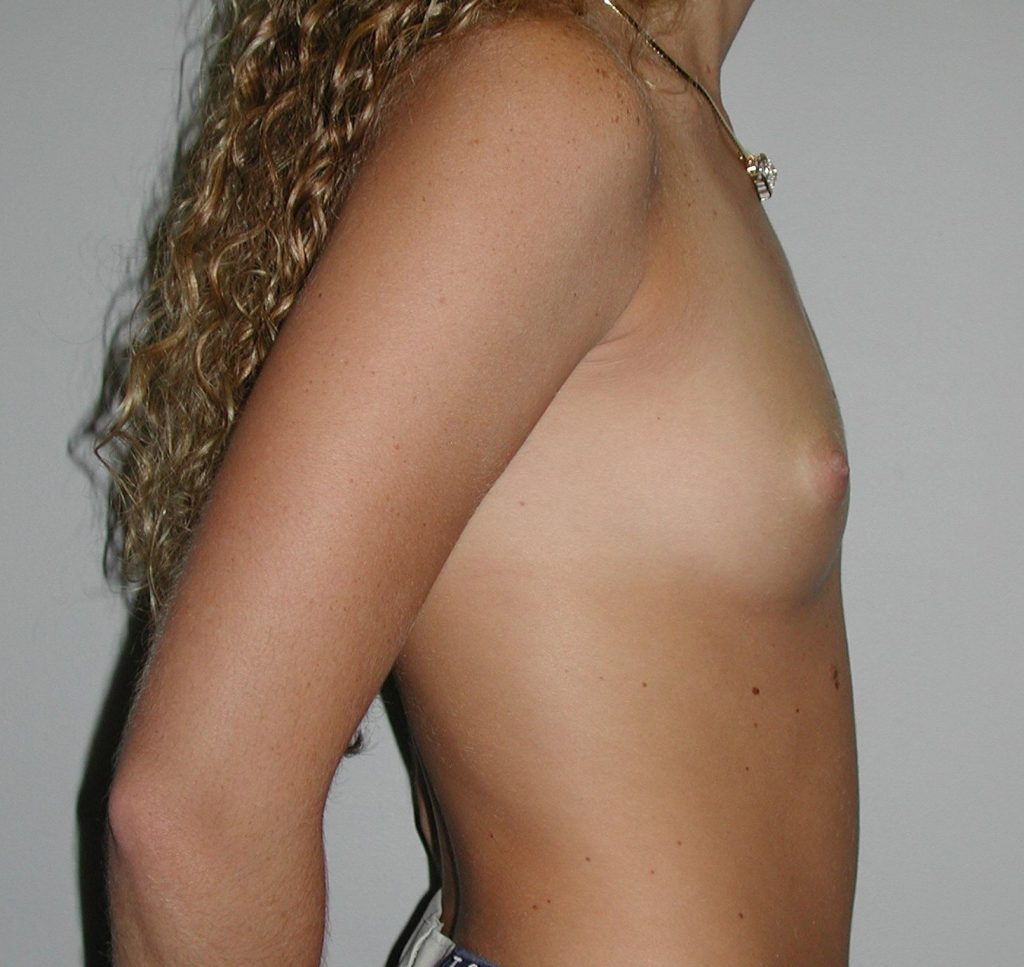Is Breast Augmentation Surgery Safe? 
Posted By:
Dr. Chris Schaffer
Read Time: ~ minutes

A top priority among patients considering breast augmentation is safety, as it should be. Elective procedures like breast augmentation would not be worth the risk if they were unsafe. While the procedure is safe, any surgical procedure has inherent risks. Here, we will explain how you can mitigate potential risks and ensure the best outcome possible. When considering and planning for breast augmentation, safety should be paramount.
General Breast Augmentation Risks
When preparing for surgery, it’s important to know what some of the general risks are. These can include:
- Anesthesia risks, which may lead to breathing problems.
- Persistent pain
- Changes in nipple or breast sensation, which should return after a few weeks at most
- Fluid accumulation (seroma) at the surgical site. This will probably clear up on its own, but your physician can also drain it if necessary.
- Hematoma. It may look like a bruise, but it’s actually a pooling of blood outside the blood vessel.
- Bleeding
- Scarring
- Wrong or faulty position of the implant
- Possibility of revision surgery
- Skin wrinkling over the implant site
Safety Considerations of Breast Augmentation
Unequivocally, the most important aspect of ensuring your safety during and after breast augmentation surgery is choosing the right plastic surgeon. Settling for an inexperienced surgeon can have disastrous consequences and increase the chances of poor results and unmet expectations, leading to additional costs, recovery time and frustration. Make sure your plastic surgeon is American Board of Plastic Surgery certified, and carefully analyze before and after photos from previous cases. Determine if the clinic or site where the surgeon operates is accredited by a national safety association. If these considerations don’t pass muster, continue your search for the best plastic surgeon.
Some of the health problems you may face if surgery is performed by an inexperienced plastic surgeon include:
- Possible health problems such as muscle and joint pain, rash, fatigue and brain fog
- Breast Implant-Associated Anaplastic Large Cell Lymphoma (BIA-ALCL). This is a type of lymphoma cancer, which is associated with textured implants.
- Removal of the implants. You’ll need to consult with a surgeon to learn if the implants can be saved or if you need to take further action.
The Safest Types of Breast Implants
Both saline and silicone breast implants are considered safe for breast augmentation and breast reconstruction. Manufacturers of breast implants are under strict scrutiny from the FDA and must adhere to stringent safety regulations. Regardless of whether you opt for saline or silicone breast implants, their associated risks are the same. These risks include capsular contracture (scar tissue that squeezes the implant), breast pain, implant rupture and infection. Your plastic surgeon should explain to you the nuances of each type of breast implant and further discuss potential complications.
It is important to keep in mind the risks of FDA-approved breast implants that come with this procedure.
One type of risk is known as capsular contracture. This occurs when the breast tissue surrounding the implant begins to harden. Because the tissue begins to tighten, it can be painful. Capsular contracture may occur near one implant or both.
While it’s unclear what the exact cause of capsular contracture is, hematomas, infections and seromas are possible.
If you experience capsular contracture, your physician will give you a Baker Grade, which lets know you know how severe it is. The grade you’re given will determine if further treatment is required or not.
Baker Grading Scale
- Grade I: The breast appears natural, and the tissue feels soft to the touch.
- Grade II: The tissue around the breast may feel a little firm but appears to be normal.
- Grade III: The breast feels very firm, and the appearance is abnormal.
- Grade IV: The breast feels hard to the touch, is painful and appears abnormal.
If your physician feels like the capsular contracture is a Grade I or II, you most likely won’t need any further treatment. On the other hand, if it’s Grade III or IV, surgery to correct or remove the implant may be required. Replacing the implants does not necessarily guarantee that the capsular contracture will not return.
Another risk of breast augmentation surgery is implant ruptures. With saline implants, ruptures may be obvious and cause a noticeable result, such as when the implant deflates. The saline doesn’t cause any health risks if the implant ruptures, but your physician will have to remove the shell. A new implant can be inserted during the same repair surgery.
Start Living Life Beautifully
Schedule a ConsultationObvious ruptures aren’t always the case, however. Some leaks aren’t quite so noticeable, especially if you have a silicone implant. In fact, you may not even know you have a leak at all unless your doctor discovers it. This is known as a silent rupture.
At this time, experts don’t believe that a leaking implant can cause cancer. You may feel some pain, as well as noticeable thickening or changes in the breast shape.
Choosing Schaffer Plastic Surgery for Breast Augmentation
Schaffer Plastic Surgery is a premier choice for breast augmentation. Our American Board of Plastic Surgery certified plastic surgeon, Dr. Christopher Schaffer takes a highly individualized approach to these procedures to dramatically restore, reshape, rebuild or resculpt the breasts. Dr. Schaffer has been a member of the LEAD Advisory Board, a prestigious group of plastic surgeons selected for their leadership and experience in shaping the future of breast augmentation. Using experience gained from eight years of advanced training and more than 20 years of practice, Dr. Schaffer blends the aesthetic ideals of his patients with their anatomical potential to achieve transformative results. His before and after photos for breast augmentation indicate his level of experience and eye for aesthetics.
The Gold Standard of Safety
Schaffer Plastic Surgery is nationally accredited for safety by the American Association for Accreditation of Ambulatory Surgery Facilities (AAAASF). This special designation is not held by all facilities; instead, it is considered the gold standard in accreditation for ambulatory surgery facilities. Our patients can rest assured that because of this certification, we have taken proven steps to promote safety among our staff and in our facility. Additionally, only one surgery at a time is performed at Schaffer Plastic Surgery, meaning that every patient can expect undivided attention to ensure their comfort and high-quality care. In the unlikely event of an emergency, Grandview Medical Center is directly across the highway from our private, state-of-the-art facility.
Long-term Safety Considerations of Breast Augmentation
It is important to understand that breast implants are not made to last forever. Over time, it is expected that your breast implants may need repair or replacement. Should you ever become concerned about the condition of your breast implants, you can rest assured that as a patient of Schaffer Plastic Surgery, your concerns will always be our priority. We stick with our patients for the long haul to ensure your results are preserved and maintained for as long as possible.
If you have further concerns about the safety of breast augmentation, contact us today to schedule an appointment at 205-278-7969.
Breast Augmentation Gallery <p><small>Actual patients and results. Please note results may vary.</small></p>






Gallery
View Gallery


